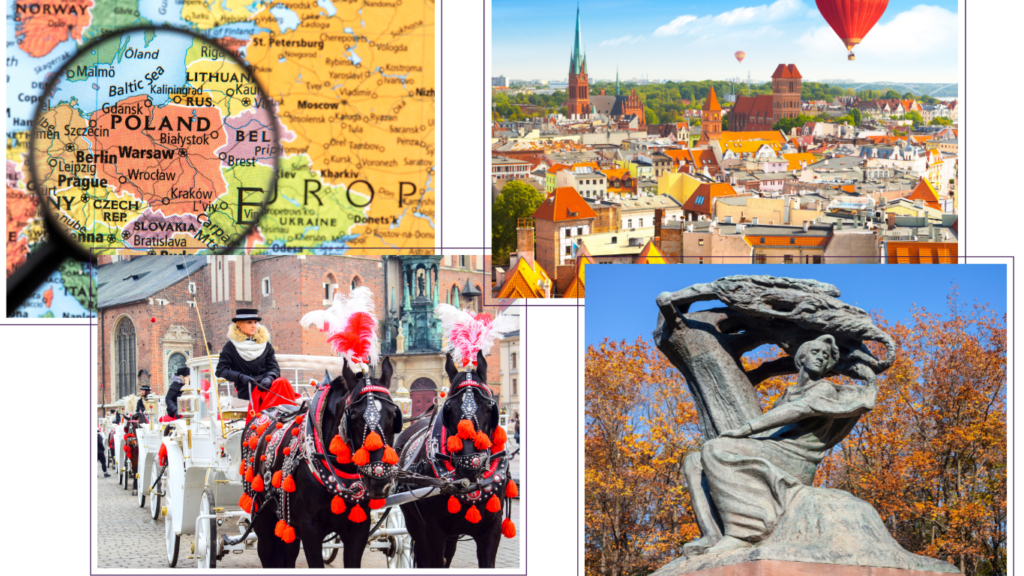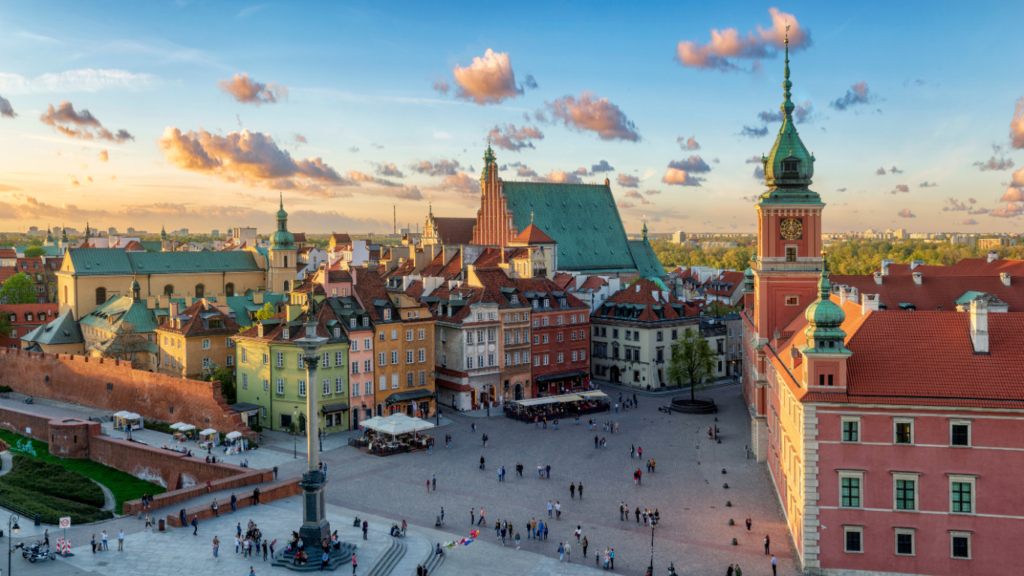Surrogacy Insights
Surrogacy in Poland operates amidst a complex legal and social landscape. Unlike many nations, Poland lacks specific legislation governing surrogacy, leaving intended parents, surrogate mothers, and children born through surrogacy in uncertainty.
Surrogacy Grey Zone
The country’s stance on surrogacy is ambivalent. It is viewed as a solution for infertility by Polish society. However, the Polish Catholic Church opposes it. The Polish government and parliament have taken an indeterminate stance between the official position of the Roman Church and public opinion, resulting in the lack of a legal framework for surrogacy.
Notably, in Poland, the surrogate’s name is recorded as the legal mother on the birth certificate, emphasizing the absence of surrogacy-specific laws and societal views.
Gay Rights
Poland’s legal stance on LGBTQ+ rights presents further challenges for same-sex couples. Same-sex marriage and civil unions are not recognized. This legal ambiguity underscores the need for comprehensive reforms to ensure the protection of all parties involved in surrogacy arrangements.
In 2019, the European Court of Human Rights (ECtHR) examined S.-H. v. Poland (communicated case) – 56846/15 and 56849/15. The case involved twin brothers born in the USA through surrogacy to two same-sex men, one of whom holds Polish citizenship. The applicants sought Polish nationality but were rejected due to Poland’s opposition to surrogacy. Polish law presumed the surrogate mother and her husband as the legal parents. In November 2021, the ECtHR found the case inadmissible, as the applicants didn’t demonstrate the negative impact of being denied Polish citizenship, given they were not likely to become stateless, had no concrete plans to return to Poland, faced no difficulties in their current country of residence (Israel), and could still enjoy freedom of movement as EU citizens’ family members.

Future Legal Developments
- At present, there is no available information regarding any forthcoming legislation.



